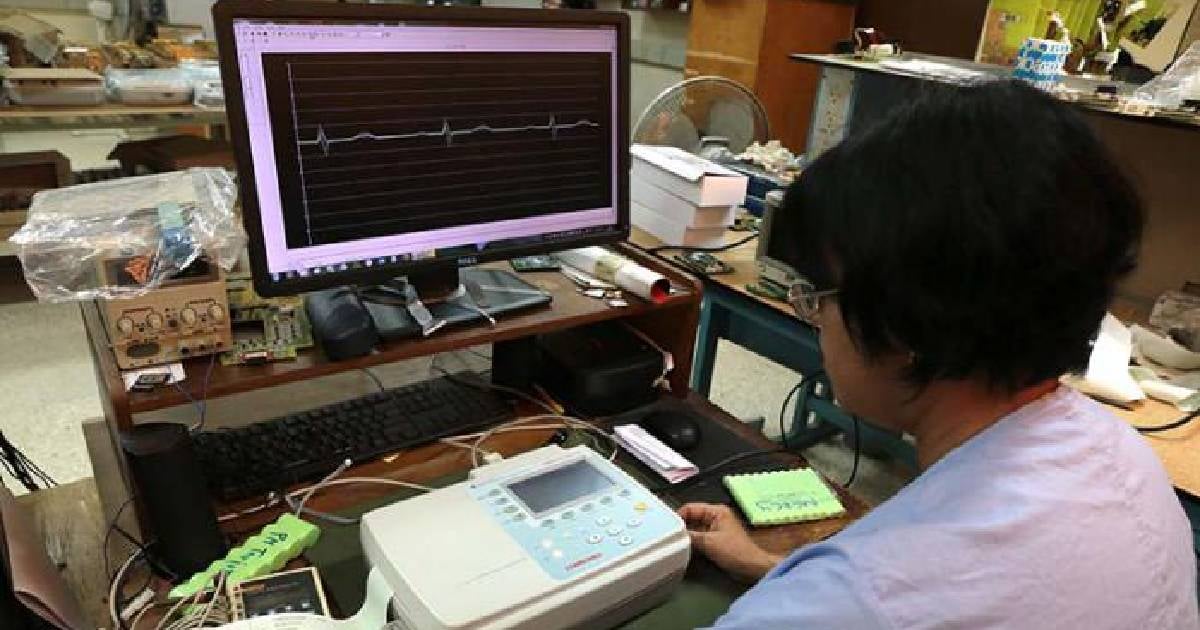The United States government has barred researchers from Cuba's regime from accessing 21 biomedical databases maintained by the National Institutes of Health (NIH). This move aims to "prevent the misuse of sensitive information" by nations deemed adversarial. Announced on April 2 and effective as of April 4, the decision is part of a security policy tightening under the Trump administration, as reported by Science magazine.
The restriction affects scientists from countries including Cuba, China, Iran, North Korea, Russia, and Venezuela, who are now denied access to databases containing crucial information on diseases such as cancer, neurological disorders, and genetic variations. Among these restricted resources is the Adolescent Brain Cognitive Development Study, which gathers functional MRI data and other neurological studies from over 11,000 children in the U.S. The SEER program, the world's largest cancer case database, is also included.
"This new blockade will undoubtedly affect our understanding of many diseases and could have consequences for patients," stated Tania Crombet Ramos, medical director at the Center for Molecular Immunology in Havana.
According to the U.S. Department of Health and Human Services, the NIH is "terminating all current projects" involving researchers or institutions from the sanctioned countries. Under the new Trump administration, the agency faces threats of layoffs affecting about 10,000 employees and justified the measure by emphasizing the need to protect biometric, genomic, medical records, and geolocation data from potential espionage, blackmail, or bioweapon development.
"The NIH takes the confidentiality, integrity, and availability of participant data very seriously," stated spokesman Andrew Nixon. The new policy is in line with directives from the Department of Justice issued last January and complies with Executive Order 14117.
Cuban neuroinformatician Pedro Antonio Valdés Sosa, currently based in China, criticized the decision as an "useless expression of resentment." He noted that some of the now-restricted databases were "crucial for understanding brain disorders."
International experts warn that such restrictions could trigger a domino effect. Venezuelan neuroscientist Gladys Maestre, residing in Texas, lamented the exclusion of Latin American colleagues and cautioned that other nations might enact reciprocal measures against U.S. scientists.
For years, Chinese researchers have already faced challenges accessing NIH data, but now the ban is absolute. "The ABCD study data was a global benchmark; now we are deprived of a key scientific tool," said an anonymous Chinese researcher.
The Chinese group BGI, which contributed data to some of the affected databases, expressed its opposition, stating that biomedical information "represents a shared human legacy that should benefit all of humanity."
In Cuba, this new barrier presents another hurdle for the already struggling national scientific community, which is constrained by technological restrictions, lack of access to funding, and now, informational isolation in the critical field of public health.
Impact of U.S. Policy on International Biomedical Research
Why did the U.S. restrict access to its biomedical databases?
The U.S. restricted access to prevent the misuse of sensitive information by adversarial nations, ensuring the protection of biometric, genomic, and medical data.
Which countries are affected by this restriction?
The restriction affects scientists from Cuba, China, Iran, North Korea, Russia, and Venezuela.
What is the potential impact on global scientific research?
The restriction could hinder the understanding of various diseases and may trigger reciprocal measures from other countries, affecting global scientific collaboration.
